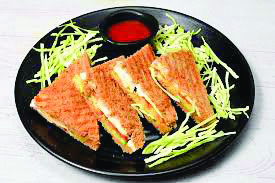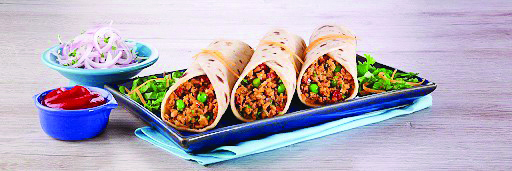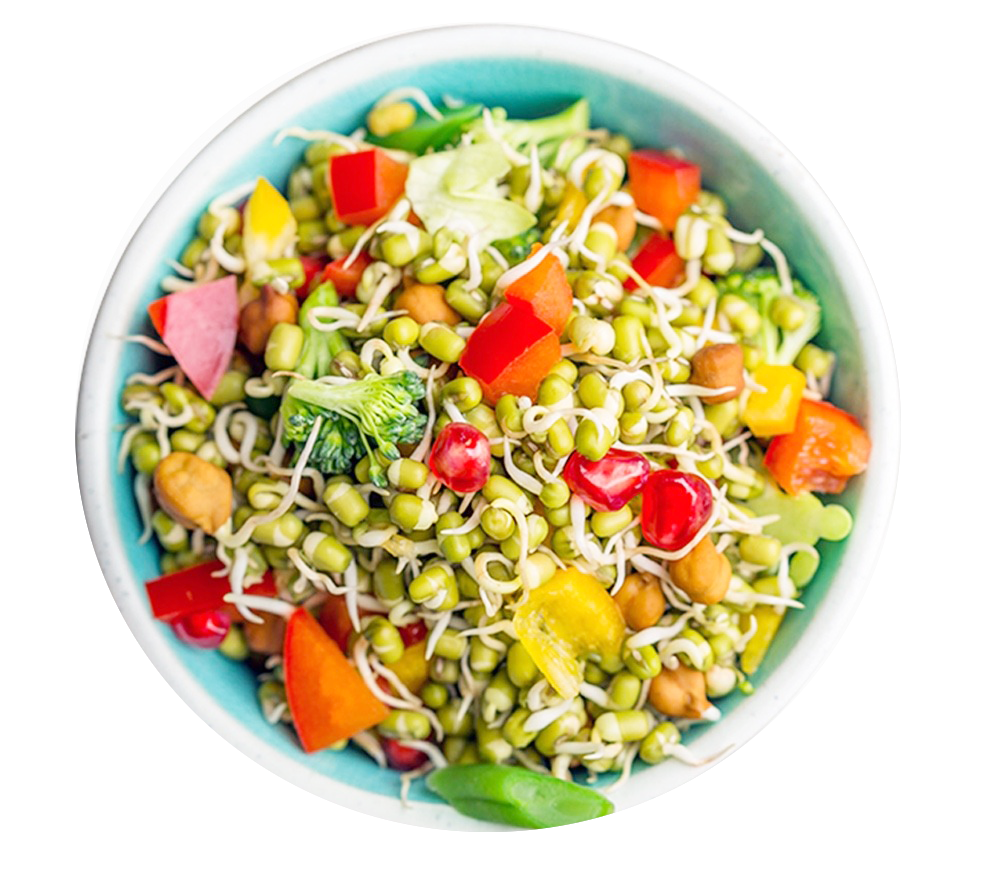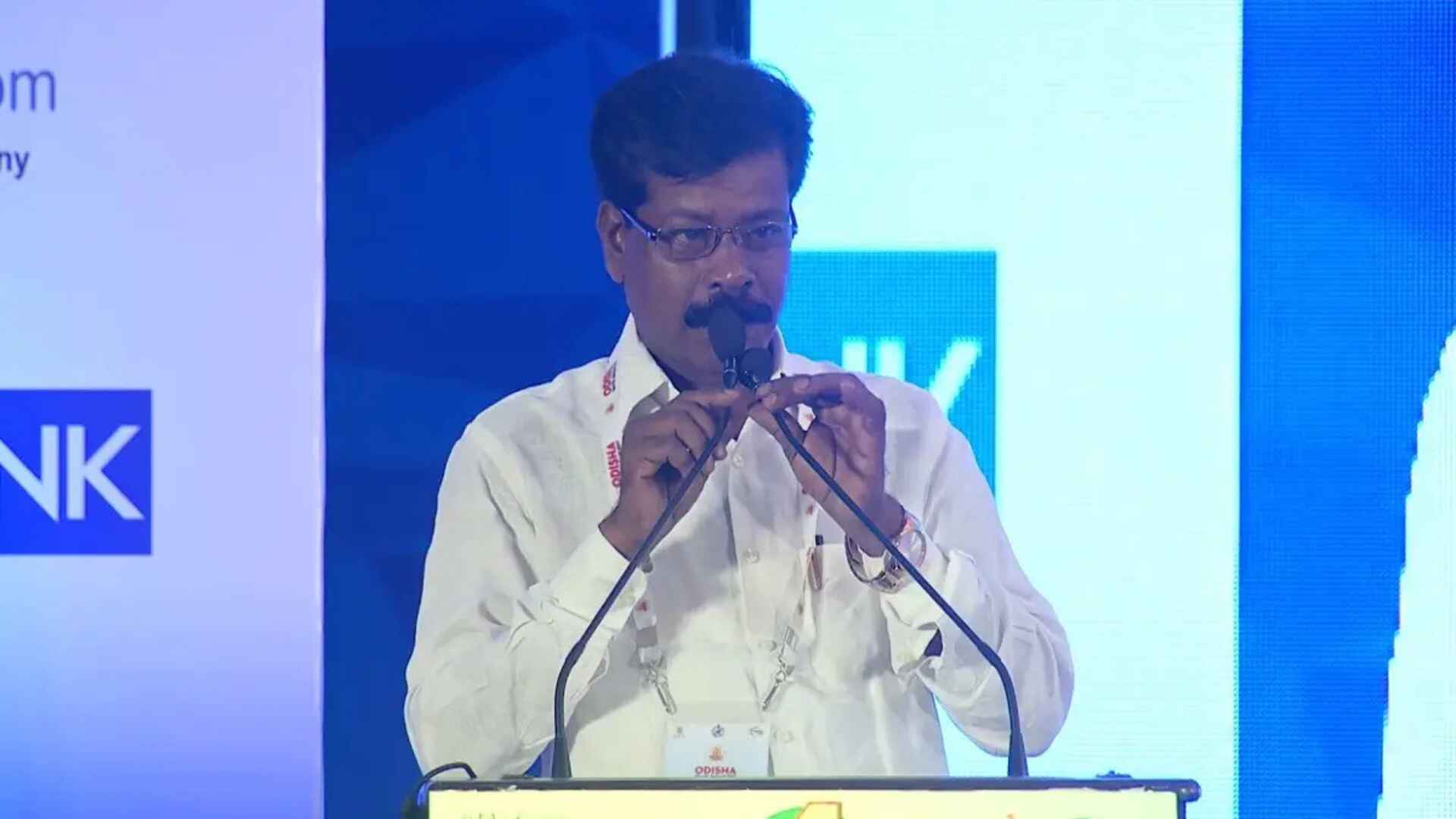Being born and raised in Jaipur, the heart of Rajasthan, I’ve had the privilege of experiencing the state’s rich culinary culture, which is deeply connected to its traditions and art. As a professional athlete during my teenage years, food wasn’t just a matter of taste, but a necessity to fuel my body for performance. My life revolved around two main elements: food and cricket. Growing up in Rajasthan, where the summers are harsh and unforgiving, I often turned to cooling, nutrient-dense foods like masala buttermilk, dishes made from sorghum and pearl millets, and the ever-popular bajra roti with homemade pickles to keep my energy up. As the weather cooled in winter, we indulged in hearty meals like bajra raab, lentil soup, and the ever-cherished dal baati churma, our favorite meal, often enjoyed after a long day on the field. There’s something truly special about the taste and aroma of these traditional dishes, especially when prepared in Rajasthan using locally sourced ingredients and time-honored techniques.
The Importance of Whole Grains in Rajasthani Cuisine
Rajasthani food is rich in nutritious ingredients, particularly whole grains like pearl millet (bajra), sorghum (jowar), barley (jau), and chickpeas (chana). These grains are not only packed with proteins, fiber, and carbohydrates, but they also offer vital minerals and vitamins. For instance, sorghum is known for its omega acids, pearl millet is a great source of calcium and iron, and barley is loaded with essential minerals.
These grains are an essential part of our daily meals, and it’s crucial to keep these traditional food practices alive.
Unfortunately, over time, food habits have changed drastically due to the influence of Western culture. People started opting for quicker, processed recipes, moving away from the wholesome, homemade foods of our ancestors. The convenience of packaged wheat flour (maida) and refined flours led to the rise of unhealthy eating habits, causing an increase in lifestyle related diseases.
As people started depending on processed foods, their health began to deteriorate. This shift away from whole, natural ingredients was concerning, and it sparked me to rethink how food can be both tasty and healthy.

A Mission to Serve Healthy, Nutritious Rajasthani Food
After transitioning from my sports career to an entrepreneurial journey, I was determined to create a platform that would offer nutritious food at reasonable prices. I wanted to provide healthy food options that reflected the flavors of Indian cuisine, especially Rajasthani dishes that are known for their wholesome ingredients. This dream became a reality in 2021 when I opened my own healthy food cafe in Jaipur. The response was overwhelming, and within three years, we expanded to three outlets. This made me believe more that people are actually looking out for something healthy, which is still rooted in the organic millets of Rajasthan.
Nutrition plays a crucial role in our wellbeing, as it nourishes both the body and mind. The food we consume has a profound impact on our health, and it should be full of digestive and nutritious ingredients. I’ve always believed that food can be tasty without relying on refined flour, and it’s possible to make nutritious, flavorful meals using whole grains and natural ingredients.
Reconnecting with Rajasthani Grains
Through my café, we offer a variety of dishes made with nutrient dense grains like sorghum, pearl millet, and barley, which have been an integral part of Rajasthani cuisine for centuries. In our menu, we use these grains in unique ways to create delicious and nutritious meals. For instance, our sprouted millet cheela, sattu cheela, and multigrain wraps are made with sprouted millets, barley, soybeans, and chickpeas, ingredients known for their high nutritional value. Our wraps are made with multigrain flour instead of refined flour, making them a healthier alternative.
We also serve soya chunk wraps and soya chunk chaat, which are packed with protein and ideal for fitness enthusiasts. For all age groups, we’ve developed a range of dishes like millet noodles, millet drink mixes, and high-protein shakes made with millets. It’s heartening to see the growing demand for healthy alternatives among the youth, who are now more conscious of their food choices.

The shift toward whole grains
With India becoming the diabetic capital of the world, there’s been a significant shift towards millets due to their low glycemic index, making them a preferred choice for those looking to maintain their blood sugar levels. Millet-based dishes like cheese, noodles, and shakes are now becoming popular breakfast options, not just among adults but also among children. I’m proud to see kids enjoying millet noodles or shakes, knowing that we’re contributing to a healthier generation. Rajasthan has always been a hub for nutritious crops, and we are committed to developing new dishes using locally grown grains. The future of food is focused on health and wellness, and we’re working tirelessly to ensure that traditional grains like bajra and jowar find their place in modern-day meals.
Promoting Rajasthani Heritage Through Food
At Fitcy, we’re not just serving food; we’re sharing Rajasthan’s rich culinary heritage with the world. Our menu showcases the best of Rajasthani grains, incorporating them into modern dishes while staying true to the roots of traditional cuisine. We’re continuously innovating and adding new dishes, such as sorghum porridge, millet idli, and sattu cheela, to our offerings.
This movement of promoting healthy eating is about more than just food; it’s about reclaiming the wisdom of our ancestors and embracing their way of life. We don’t need fancy diets or expensive food products to stay healthy. The solution lies in the foods we’ve always known and loved.
I’m grateful to be part of this movement and to play my part in changing the way people eat, one healthy bite at a time. The world is watching as India, and especially Rajasthan, returns to its roots, embracing the power of whole grains and traditional recipes.







